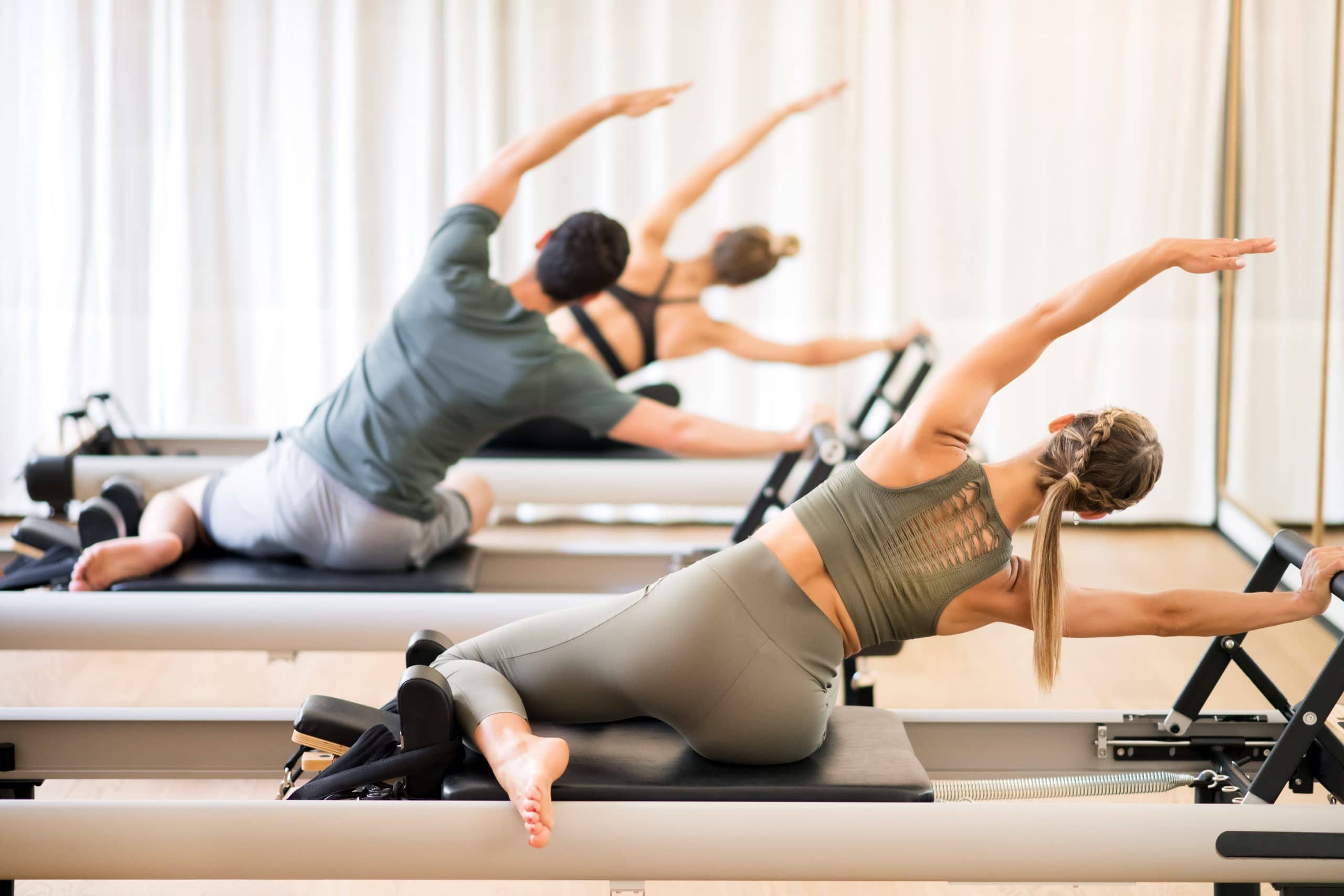Balance is a skill that allows us to remain upright and not fall whether we are sitting, standing, walking or undertaking leisure activities. Balance depends on information being sent to the brain from 3 systems – the eyes (visual system), inner ears (vestibular system) and muscles and joints (musculoskeletal system). Generally 2 of the 3 systems are required to be working to maintain balance. We naturally rely on different systems depending on the situation for example when standing on firm ground about 70% of the information being sent to our brain is from the musculoskeletal system. As the standing position becomes more difficult (such as walking) or when the surface we are standing on becomes unstable, the brain relies more on the visual and vestibular system to maintain balance.
Dizziness can be caused by many factors, but is generally caused by a confusion of the information sent to the brain between the systems. If one of these systems is compromised, it will send the incorrect information to the brain, cause confusion, dizziness and a loss of balance. If your balance problems are leading to falls then it can become quite dangerous.
What is the vestibular System?
The vestibular system includes the parts of the inner ear that help control balance and co-ordinate head and eye movement. The system contributes to balance and helps to maintain clear vision when the head is in different positions and while the head is moving.
Symptoms you may experience with a vestibular problem
- Vertigo – a sense of the world or one’s self spinning or moving
- Dizziness – a light headed or floating sensation
- Blurred Vision – often when moving your head
- Veering to one side when walking
- Nausea and sometimes vomiting
- Falls
- Motion sensitivity – dizziness and nauseous feeling when changing positions and associated with travelling in a vehicle
You may experience just one or a combination of these symptoms. The symptoms may be constant or intermittent depending on your body position or activity undertaken.
Conditions that can be treated
- BPPV – (Benign Paroxysmal Positional Vertigo) – the most common form of vestibular disorder whereby head movements in particular positions can provoke dizziness, vertigo and nauseousness. The problem is caused by inner ear crystals moving into the incorrect part of the ear.
- Vestibular neuronitis/labrynthitis – due to a viral infection of the inner ear. There may be an initial few days to one week of acute symptoms which gradually improve. You can be left with a feeling of imbalance and visual blurring when turning the head.
- Vestibular problems from ototoxicity – for example post gentamicin or chemotherapy drug usage.
- Visual vertigo/ocular dizziness – symptoms triggered by visual stimuli such as computers, reading and crowded environments.
- Mal de debarquement syndrome – the persistence of motion sensation following a cruise, flight or journey in a car.
- Pre and post surgery of acoustic neuroma
- Motion sensitivity – symptoms triggered by position changes or travelling in a vehicle.
Balance Training & Vestibular Rehabilitation?
Vestibular rehabilitation is an exercise based therapy designed to reduce dizziness and balance problems. The aim is to encourage the compensation process, reduce symptoms and increase normal daily activities.
What you should expect in a consultation?
During the consult you will be assessed for the positions and circumstances that provoke your symptoms. If your condition is treatable an individualised exercise program will be developed to target your goals. It is through this exercise program that your symptoms will decrease and balance improves.
No Doctor referral is required for a consultation however regular communication of your progress with your GP and other relevant health professionals will occur.




